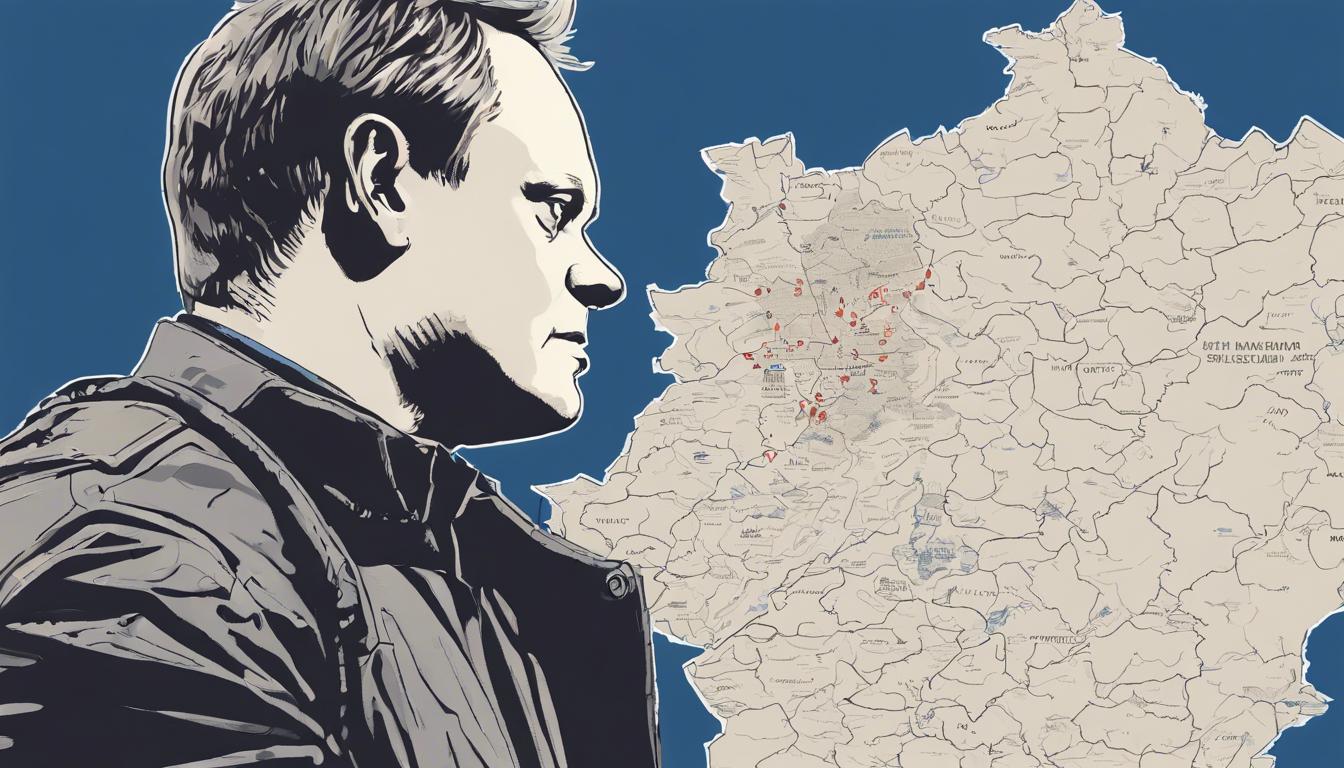Grant Shapps was forced to shelve plans for a visit to Odesa in the face of a significant missile threat, engaging instead in discussions in Kyiv amidst rising tensions between Russia and Ukraine.
UK Defence Secretary Grant Shapps was compelled to cancel a visit to Odesa, Ukraine, due to a Russian missile threat, opting instead for talks in Kyiv with Ukrainian officials including President Volodymyr Zelenskiy. The decision came after British intelligence indicated a heightened threat level following a missile attack near President Zelenskiy and Greek Prime Minister Kyriakos Mitsotakis. Shapps criticized Russian President Vladimir Putin’s actions as reckless, emphasizing the need for increased Western defence spending in response to Russia’s military activities.
Additionally, an incident occurred involving an RAF plane carrying Grant Shapps being subjected to a jamming attack by Russia over Kaliningrad. This highlighted concerns over the lack of protective measures on high-profile UK aircraft, with delays in upgrades due to budget constraints. Former Defence Secretary Ben Wallace noted that the necessary enhancements were postponed to avoid diverting funds from other military needs, sparking criticisms over the vulnerability of such flights to electronic warfare.
These events underscore the escalating tensions between Russia and Ukraine and the challenges faced by the UK in supporting Ukraine amidst its conflict with Russia. Shapps’ altered travel plans and the electronic interference incident reflect the complex security landscape and the importance of bolstering defensive capabilities in the face of Russian aggression.













